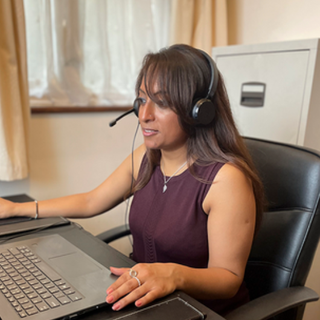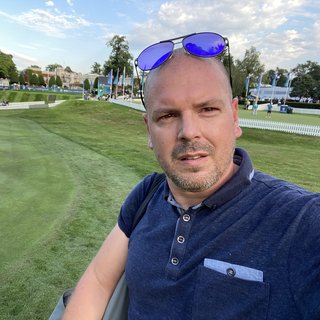I want people to know it's not the end of the world
Jacqui explains how life goes on after a PV diagnosis, and why she takes a positive view.
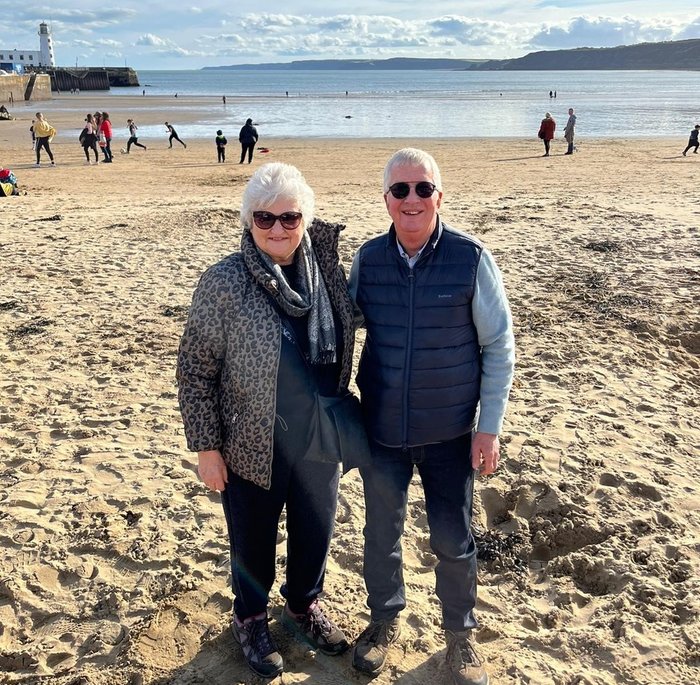
For information see our web pages about PV or order our new PV booklet.
I was diagnosed with PV after I went to my GP because my legs were feeling really hot at times. It had been going on for quite a while and I thought it was something to do with my arthritis.
Thinking back, I did have a few other symptoms. If I had a hot shower my skin was prickly, and my vision was a bit blurred, I had started to get night flushes, the odd nose bleed and my gums were bleeding a little. But I wouldn’t have thought to go to the doctor about those things (although for me they were all unusual).
The GP ordered a blood test and it showed I had high haemoglobin. A follow-up test showed the same result. The GP sent my results to a haematologist who invited me to come and see him the same day, which made it suddenly seem serious.
The haematologist said my blood was really thick and recommended I had a venesection.
That’s where they take some blood from a vein in your arm, similar to when you give blood. It thins the blood down for a while.
Getting the diagnosis
I had more blood tests (to look for the JAK2 gene mutation), a CT scan and then an MRI scan and a bone marrow biopsy. They were worried I might have myeloma, but after all the tests they said it was polycythaemia vera, or PV for short. They explained PV is a blood cancer, that it isn’t curable but it is treatable. The main problem is that you have thick blood so you’re likely to have a heart attack or a stroke if it isn’t treated.
There’s been a lot of cancer in my family. I lost my brother and sister to cancer, so I was sort of expecting it. But PV is a very different sort of cancer.
I actually felt relieved that it wasn’t myeloma and reassured that it was treatable. I felt lucky.
I sometimes think about what would have happened if I hadn’t got the PV diagnosis. It would have been so much worse to go on without knowing and ending up with a heart attack or a stroke.
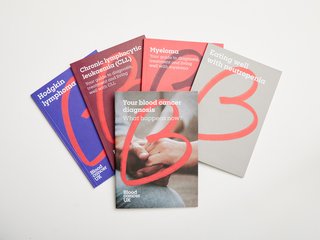
Order your free guide to PV
Includes understanding PV, treatments and how to look after yourself
Treatment with tablets
The treatment I’m on is hydroxycarbamide tablets. I currently take 12 tablets a week and that’s been keeping my blood counts in the normal range. Hydroxycarbamide is a type of chemo, but I don’t have any major side effects from it. It affects my hair, but it’s not coming out in chunks, just a bit thinner. I don’t have fatigue or ulcers or any other effects my doctor has asked about.
I actually feel better than I did before – I don't think I realised how grumpy and miserable I was feeling before the treatment.
I now have blood tests every four months to check how things are going.
No problems with operations
Since I was diagnosed, I’ve had a hip and a knee replacement. Once my blood was sorted out, I was motivated to get those sorted too.
When I told the orthopaedic surgeon I had PV, he had no idea what I was talking about and said he would have to check if I needed any special arrangements. He spoke to my haematology department who said it was fine to go ahead. I took blood thinners after the operation for longer than normal, but that was the only difference.
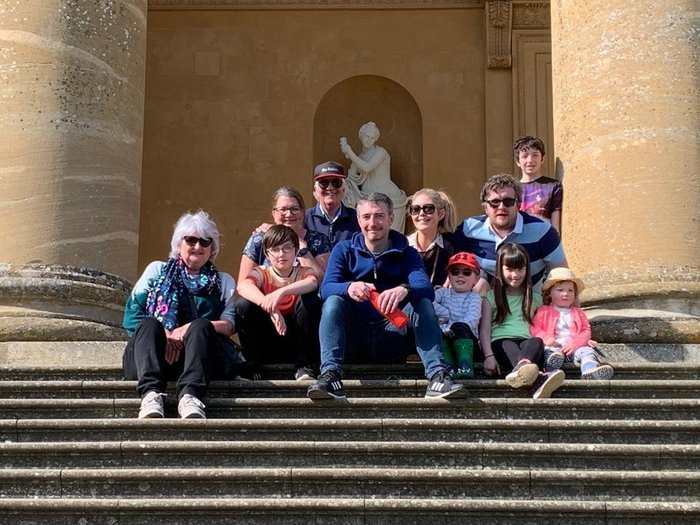
Telling people
I didn’t tell anybody except close family several months. But I’ve told a few more people now.
My children went on the internet straight away and told me it’s treatable, you don’t have to worry about it. But they do get worried when they know I’m going for a blood test or have an appointment with the consultant – they’ll be texting to find out what he said.
People haven't really heard very much about blood cancer – they’ve only heard of leukaemia which isn’t as easy to treat.
So they're a bit shocked when I tell them I have blood cancer, but then they very quickly get over it because I seem to be perfectly normal. So I don't get any special treatment from anyone!
Living with PV
I think other people need to know that PV really isn't a death sentence.
I can still do what I want. I can even travel abroad – personally, I haven’t had any issues with travel insurance although I know some people do.
Treatment for me hasn’t been a problem. I don’t know if it’s just fortunate that I tolerate it so well. I guess if I was a lot younger, I might be a bit more concerned, because you don't know what the long-term impact is on your body. But I think providing you've got a decent haematology department looking after you, then it's fine.
PV certainly doesn't affect my life very much at all. I just take the tablets every day and get on with things.

